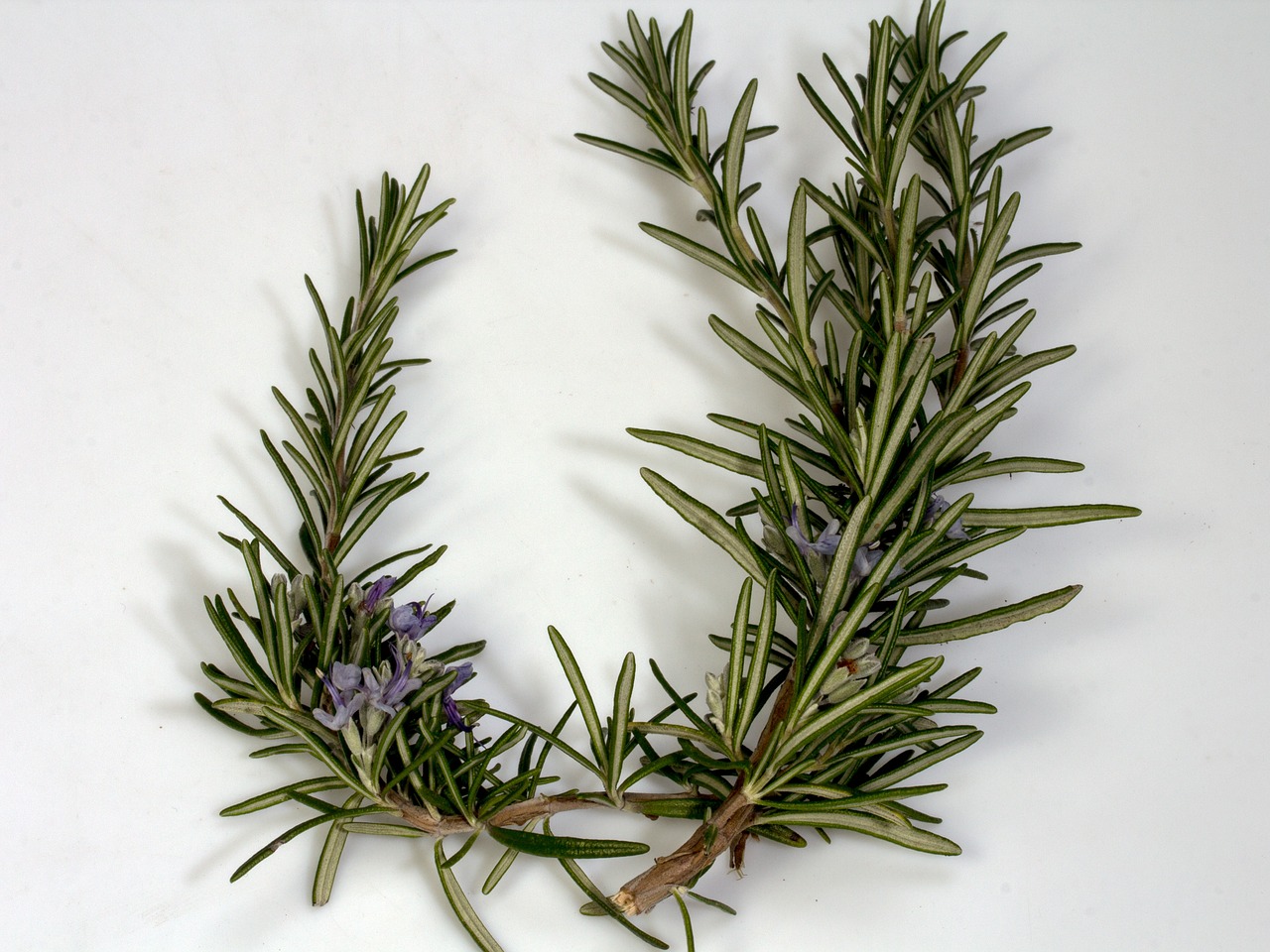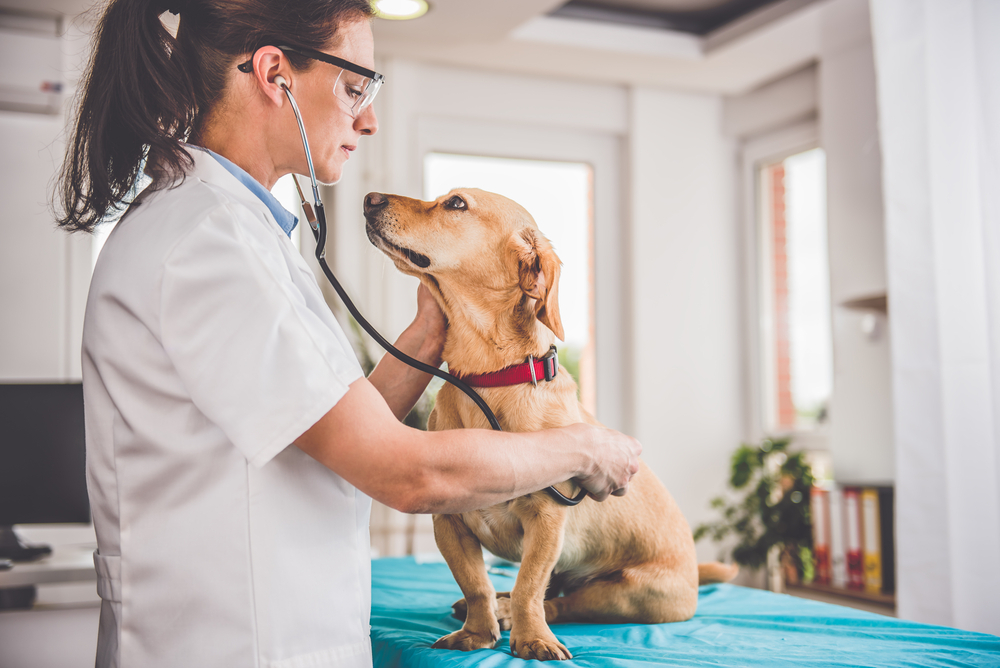Sometimes, it’s nice giving your canine companion a treat you know they’ll love, and occasionally, those treats are something you would eat or drink too. Take tea, for example. Plenty of people enjoy tea because of its various flavors and the nutritional benefits that come with drinking it. But is it safe to give tea to your dog?
If you’re wondering if dogs can have tea, the answer is that it isn’t recommended. Tea doesn’t offer your pet the same benefits it does you; instead, it comes with safety issues, such as the amount of caffeine found in the beverage. So, it’s better to skip the tea and stick with plain water when giving your pup something to drink.

Why Can’t Dogs Drink Tea?
Tea (Camellia sinensis) comes in a wide variety of versions and flavors, some safer for dogs than others. However, just because a certain tea is safer for your pet doesn’t mean it’s good for them. One of the reasons tea is bad for canines is due to the amount of caffeine it contains. But there are other reasons to avoid tea, too, such as the various herbs and spices used to flavor some teas or the amount of sugar certain teas can contain.
Here’s a closer look at the dangers of giving tea to your four-legged friend.

Caffeine
As we said, caffeine is one factor in why you shouldn’t give tea to your dog. While a few laps of tea are unlikely to cause a problem for most dogs, ingesting larger amounts can lead to caffeine toxicity. The American College of Veterinary Pharmacists (ACVP) states that toxic consumption of tea for a 11 lb dog is more than 38.5 oz of tea (just over 4.5 standard 8 oz cups).1 Dogs are more sensitive to caffeine than us though, and the stimulant effects of smaller amounts may cause them to be jittery and restless and they may develop an upset stomach.
Caffeine is rapidly absorbed from a dog’s gastrointestinal tract and signs of caffeine toxicity are usually apparent after 1-2 hours. These can include:
- Vomiting
- Panting
- Higher heart rate
- Hyperactivity
- Restlessness
- Tremors
- Seizures
Herbs & Spices
What if you give your pup tea that doesn’t contain milk or caffeine? Wouldn’t that be fine? Not so fast! Tea comes in various flavors, most of which involve herbs and spices, and many of these aren’t good for your dog. Just a few examples of unsafe herbs and spices include nutmeg, cocoa, marjoram, and cloves.
If your dog consumes herbs and spices that are unhealthy for them, they could (in the best-case scenario) experience an upset stomach or (in the worst-case scenario) experience toxicity. Even herbs and spices deemed dog-safe in tiny quantities, such as cinnamon, can make a dog ill if they eat or drink too much. So, not giving any tea to your pup is very much a case of better safe than sorry.

Sugar
Depending on where you’re from, you might find yourself considering giving sweet tea to your dog. Even if you aren’t from a region where sweet tea is the norm, you may have a habit of putting a dash of sweetener of some kind into your tea. However, sugar isn’t good for dogs. It isn’t toxic, but if you continually give food and drink containing sugar to your pup, it may lead to weight gain due to the extra calories, and weight gain can contribute to all kinds of health issues, like diabetes.
One important thing to note if you use artificial sweeteners is that xylitol is incredibly toxic to canines. Even a tiny amount of this artificial sweetener can cause hypoglycemia to come on quickly in dogs, which could result in death.

Frequently Asked Questions (FAQ)
What About Herbal Tea?
Some tea-enthusiasts will argue that herbal tea (like chamomile, peppermint, lemon balm) is not tea as they do not contain Camellia sinensis. So, would herbal tea be safe to give to your dog? Maybe.
Some ingredients in herbal tea might be safe for dogs to consume in moderation. Certain herbs may cause issues for your dog though, particularly in larger amounts. For example, according to the ASPCA, dogs can experience vomiting and diarrhea if large amounts of mint (Mentha sp.) are consumed. So, while your dog can drink small amounts of some herbal teas, you should check with your vet first to make sure it’s a good idea. It is usually best to avoid herbal teas altogether and stick to fresh water.
What Do I Do if My Dog Drinks Tea?
If you think your dog might have gotten into a cup of tea that’s been left out, then contact your vet or the Pet Poison Helpline for advice. They will want to know roughly how much they have drunk, their size and what type of tea it was. They may want you to simply keep a close eye on your pet for a few hours. However, if you know that your dog drank quite a bit of tea, and particularly if they are a small breed, you may need to take them to the vet.
There is no specific antidote to caffeine toxicity and so your dog will need supportive care for the signs that they are experiencing. Depending on the kind of tea and amount your pup had, your vet might induce vomiting and give them activated charcoal to bind toxins. If your dog has a serious case of caffeine poisoning, your vet may also hook them up to an IV to help flush out their system and monitor their heart rate, and give them other medications as necessary.

Are There Dog-Safe Tea Alternatives?
Honestly, your dog probably won’t enjoy the taste of tea, no matter what flavor you give them. So, there really aren’t dog-safe tea alternatives. The closest thing to a tea alternative that your pup will absolutely love is bone broth. It’s a liquid, but it tastes like meat, so any canine companion is sure to go wild over it.
You can make your own bone broth or purchase dog-safe broth, or liquid meal toppers from a store. Avoid bone broth for humans as it may have added ingredients which are not safe for dogs such as salt, onions and garlic. Just mix a bit of broth or topper into your dog’s food and watch them go to town!
It definitely isn’t tea, but it’s probably the closest tea alternative that is dog-safe you’ll find.

Conclusion
While most dogs will be fine if they decide to take a sip or two of your tea, tea isn’t good for your pet. Between the amount of caffeine, the herbs and spices used, and the potential amount of sugar and/or milk, tea is a bit of a minefield for your pup. Chances are they won’t like tea anyway, though, so they really aren’t missing out on anything!
Featured Image Credit: Avocado_studio, Shutterstock
